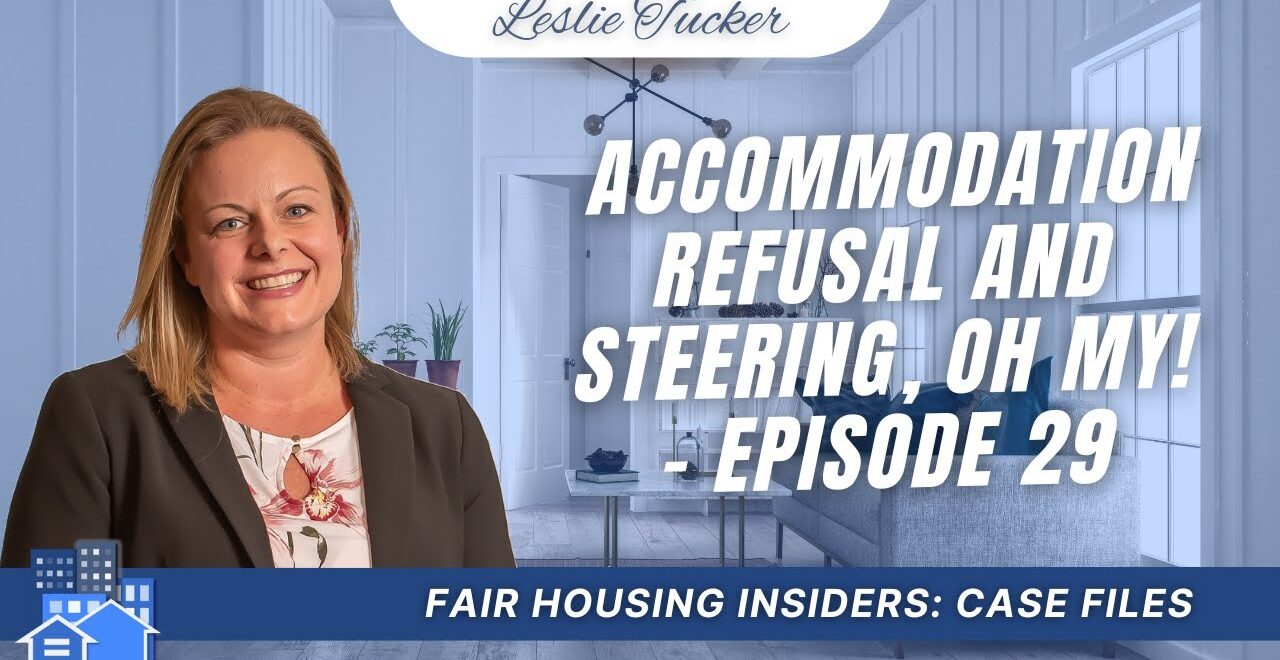In the property management industry, fair housing offenses can have significant legal and financial consequences. A recent case, United States vs. Kailua Village Condominium Association, highlights the importance of handling reasonable accommodation requests appropriately and underscores the responsibilities of property management professionals.
United States v. Kailua Village Condominium Association, et al. (D. Haw.)
Background of the Case
The situation began with a prospective buyer who has paraplegia and uses a wheelchair. Before purchasing a unit, the resident requested reasonable modifications to ensure the property would be accessible, including the installation of a ramp to navigate stairs leading to the entrance, a different toilet, and a reserved parking space that could accommodate his needs. The unit’s existing parking arrangement did not allow him the space needed to enter and exit his vehicle safely.
Refusal and Steering – The Condominium Association’s Response
The condominium association denied the requests, citing policies that prohibited such modifications. The Association’s response allegedly went beyond a simple denial – including attempting to discourage the resident from purchasing the unit. According to the facts alleged in the complaint, the Association pressured the prospective buyer to reconsider his decision to purchase the unit, suggesting that the complex was not suitable for someone with his needs. This alleged action would amount to discrimination and steering, both of which are prohibited under the Fair Housing Act. Internal emails between the Association members documenting these efforts served as evidence in the initial investigation.
Legal Consequences
Faced with these obstacles, the resident ultimately decided to withdraw from the sale and subsequently filed a fair housing complaint. Following an investigation by HUD and a resulting Charge of Discrimination, the Department of Justice filed this lawsuit, leading to a substantial settlement. The condominium association and some individual defendants were required to pay a total of $112,500 in damages to the affected individual. Additionally, the settlement included requirements for policy changes and fair housing training.
Lessons for Property Management Professionals
This case serves as a crucial reminder for property management professionals about the importance of understanding and complying with fair housing requirements. Requests for reasonable accommodations or modifications related to a resident’s disability are not optional—they are obligations under the law. Housing providers must engage in an interactive process with the resident to understand and meet their needs, as long as the request is related to their disability and is reasonable. Additionally, this case serves as a reminder that it is not just management companies of apartment communities that must be aware of their fair housing obligations – condominium associations are subject to Fair Housing Act requirements as well.
The Risks of Steering
Moreover, the case also highlights the risks associated with steering, which involves discouraging or directing individuals based on a protected characteristic, such as a disability. Housing providers have a duty to make all prospective and current residents feel welcome, and steering is a clear violation of fair housing principles.
Importance of Fair Housing Training
Finally, the role of fair housing training for any housing provider covered by the Fair Housing Act cannot be overstated. Property management professionals must ensure that they and their teams are well-versed in fair housing laws to prevent situations like the costly one presented in this case.
You Might Also Like:
- Update on the Accessible Parking Case You’ve Been Following – Episode 49
- When Eviction Becomes Retaliation – Episode 48
- Case Files: The Price of Parking Discrimination – Episode 47
- Case Files: ESA Denied After Online Provider Verification—What Went Wrong? – Episode 46
- Case Files: When Mold, Disability, and Retaliation Collide – Episode 45

